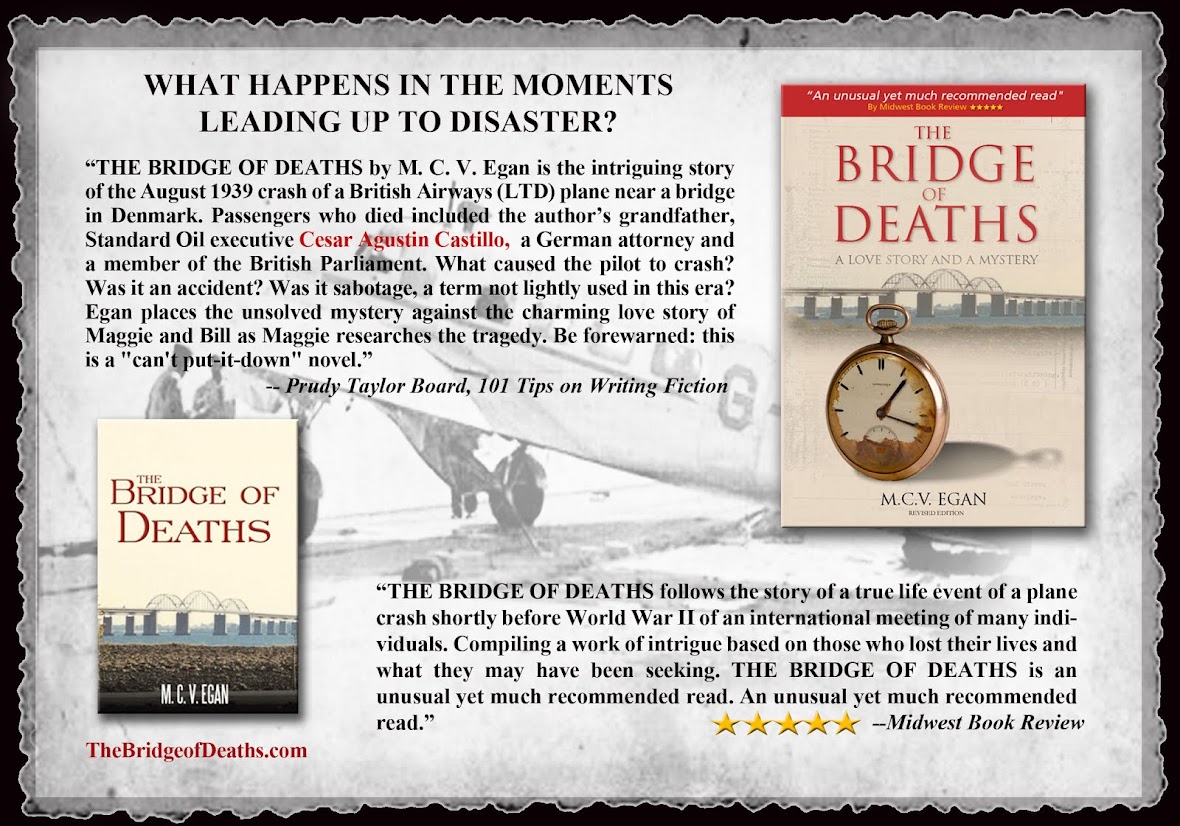 by Carmen Stefanescu
by Carmen StefanescuThe 21st century may be considered as the century of speed and electronics and, at the same time, of great social unrest and wars. With advancements in technology, war is increasingly wreaking chaos and destruction upon the lives of combatants and non-combatants in many areas on the globe. I reside in Romania, an European country bordering in the east Ukraine. You know what I mean, don’t you?
I’m not a historian or an analyst of any kind.
I am just a reader and, lately, author who lived to see the transition from a
social system to another. In 1989 Ceausescu’s dictatorship was removed as well
as the Iron Curtain separating us from Western countries and culture.
I’ve often asked myself what is the foundation
of war – greed, necessity? What are the basic causes of armed conflicts in the
history of humankind? Is war a state of
things characterizing only modern homo sapiens? Is there something in the
human genes that triggers a belligerent
attitude in people, an innate genetic characteristic of human beings or is it a
social construct? In my humble opinion, the primary causes leading to wars seem
to be human nature, economic factors, politics and culture, as well as socio
–psychological needs.
It seems that the first war that was recorded
by history occurred way back in 2700 BCE, in Mesopotamia, though warfare began
even earlier, around 3500 BCE.
Some historians claim that quite often wars
are triggered by adversity between different religious believers: Protestants
versus Catholics, Christians versus Muslims, Arabs versus Jews. Violent
conflicts along religious lines are frequently conflated with ethnic elements.
Is then religion the cause of many wars? Is religious faith enough motivation
to start war against other peoples? I
don’t think so.
The wars of the ancient world were rarely, if
ever, based on religion. They were for territorial conquest, to control
borders, or respond to an internal challenge to political authority. Religion may be a powerful motivator, and
thus often invoked in wartime, but the real reasons most wars have been fought
along history have nothing to do with it. Instead, they have to do with
political control–allowing certain political leaders to gain or remain in
power. While my paranormal romance Shadows of the Past is focused more on
romance and paranormal side of things, Dracula’s Mistress, my paranormal
historical novel that is still in the
edits stage with the assigned editor, has a higher highlight on history. It
deals with events in Middle Ages Walachia that was led at that time by prince
Vlad Tepes or Vlad the Impaler. It is an era when Christians fought against
Muslims, that is against the Ottoman
Empire. But was the war religious? Not at all. The Ottoman Empire was a major
threat to the hegemony of Christian Europe from the fourteenth to the
seventeenth centuries. While there were some regrettable incidents that
occurred during these wars, this conflict was in essence a response to hundreds
of years of Muslim aggression. In Walachia, Christian boys were simply collected
from the streets, taken for military service as Janissaries, later fighting
against their own kin. Girls from Walachia were kidnapped to become "wives " in
the Sultan’s harem.
Nevertheless, under Ottoman rule, non-Muslim subjects
were allowed to practice their religion - especially Orthodox and Jews - subject to certain conditions, and to enjoy a
measure of communal autonomy. Walachians were guaranteed the security of
property in return for paying tribute to the Ottomans. Orthodox Christians,
that is Walachians – present-day Romanians - were the largest non-Muslim group.
All the sultan was interested in were
Walachia’s resources; its gold and people that were used as soldiers or slaves.
As long as they acknowledged Muslim supremacy they could keep their faith and
churches.
So, in
my opinion, the root of most wars have to do with gaining political
control of resources (land, money, food supplies, transportation and trade
routes) or they have to do with a particular leader’s ambitions (being
remembered as a great man, like sultan
Mehmed II El-Fatih the Conqueror who was Vlad’s opponent). But most often,
leaders, trying to gain their people’s support, dress wars up with national
pride or religion intolerance.
Carmen Stefanescu's Site
Carmen Stefanescu was born and currently
resides in Romania, an eastern European country. This is the native country of
the infamous vampire Count Dracula; where there was 50 years of communist
dictatorship. A country whereas, just speaking about God, faith, reincarnation
or paranormal phenomena could have led someone to great trouble – the
psychiatric hospital if not to prison! English and German teacher in my native
country, and mother of two daughters, she survived the grim years of
oppression, by escaping in a parallel world, that of the books. Reading them at
that time. Later writing them.
She has dreamed all her life to become a writer,
but many of the things she wrote during those years remained just drawer
projects. The fall of the Ceausescu’s regime in 1989 and the opening of the
country to the world, the Internet especially, meant a new beginning for her.
She started publishing.
Since 2001, Midnight Edition Publication has
published her poems in the collection Muse Whispers vol.1 and Muse Whispers vol.2.
The readers’ interest for her ballad, about the love between a young priest and
a nun, published in 2004 by Midnight Edition, inspired her to write her first
novel “Shadows of the Past.”
PinterestGoodreads
Reviews
Google+
Author Page on AMAZON
BOOK LINKS
AMAZON
WILD CHILD
BARNES AND NOBLE




.jpg)








